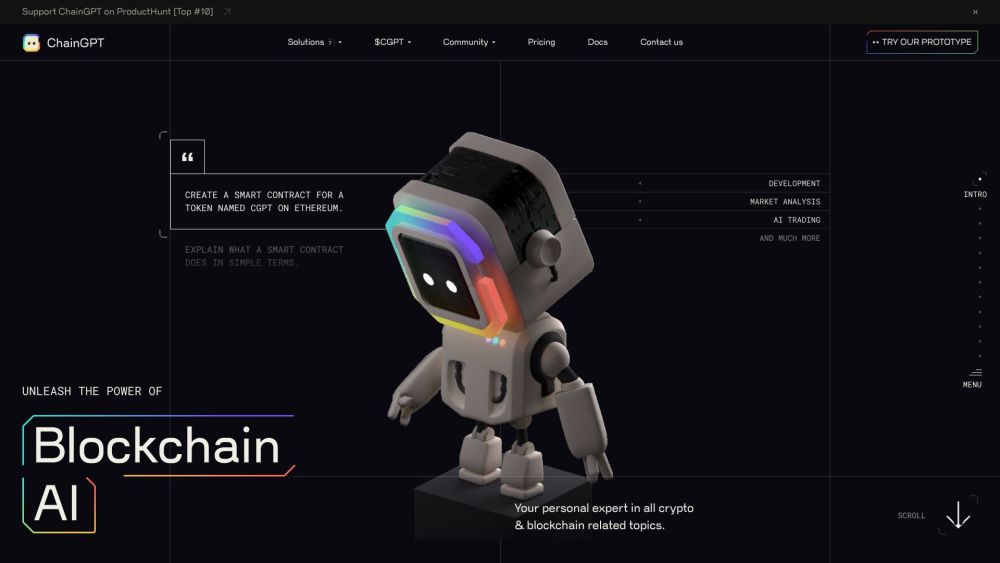Nvidia has now become the second most valuable company in the U.S., trailing only Microsoft by approximately $140 billion. The tech giant recently surpassed the $3 trillion mark for the first time, surpassing competitors such as Amazon, Alphabet (Google), and notably, Apple. This time last year, we reported on Nvidia reaching the $1 trillion milestone. Just over a year later, Nvidia has tripled its value and is poised to potentially overtake Microsoft as the top company in the U.S.
This achievement follows a two-hour Computex presentation where Nvidia celebrated its successes. The company didn't announce major new initiatives, instead highlighting developments like Project G-Assist and updated small form factor guidelines in press releases. CEO Jensen Huang focused on the impact of generative AI, discussing how Nvidia powers this technology and why leading tech executives should continue to invest in Nvidia’s offerings.
Only two years ago, Nvidia was not considered a contender alongside industry giants like Apple, Amazon, and Microsoft. Its significant rise can be attributed to the surge in interest surrounding ChatGPT, which ignited excitement across the tech sector less than two years ago. Nvidia's hardware is integral to the GPT model, establishing it as the gold standard for generative AI solutions in data centers globally. Competitors like AMD (with a market cap of $268 billion) and Intel (at $131 billion) have spent the past 18 months attempting to catch up.
Nvidia's growth is clearly driven by its dominance in AI. In May, the company reported $22.6 billion in revenue from its data center business—a staggering 427% increase from the previous year. To put this into perspective, this figure is nearly ten times more than its gaming segment, which also grew by 18% over the same period. Just a year ago, Nvidia's data center revenue was only double that of the gaming division.
This shift creates a curious landscape for gamers who traditionally associate Nvidia with graphics cards, and it presents a unique challenge for the tech industry as a whole. Major keynote events like Nvidia's at Computex, where few new announcements were made, are rare. Nvidia's long-term investment in its CUDA foundation has established it as a leader in generative AI, carving out a niche that competitors like AMD and Intel have struggled to penetrate.
Nvidia's prominence in the generative AI space has drawn the attention of the U.S. Justice Department and Federal Trade Commission, which are launching investigations into Nvidia, Microsoft, and OpenAI. With two of these companies now ranking among the most valuable in the U.S., they are at the forefront of the generative AI discussion.
While Nvidia holds the position of the second most valuable company in the U.S., fierce competition continues in the realm of generative AI. Apple is set to host its annual Worldwide Developers Conference (WWDC) on Monday, where it is anticipated to unveil new generative AI features for its products. Amazon has also been experimenting with generative AI innovations over the past year. However, the primary battleground for this AI competition lies in the data center, where companies like AMD and Intel are vying to reclaim their market share lost since the rise of ChatGPT.




